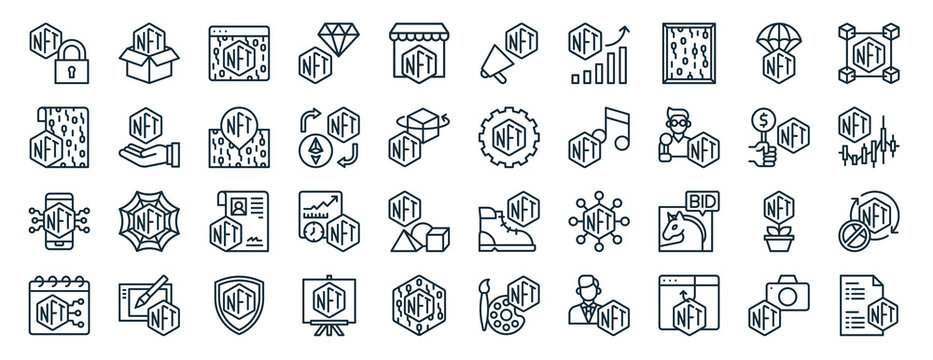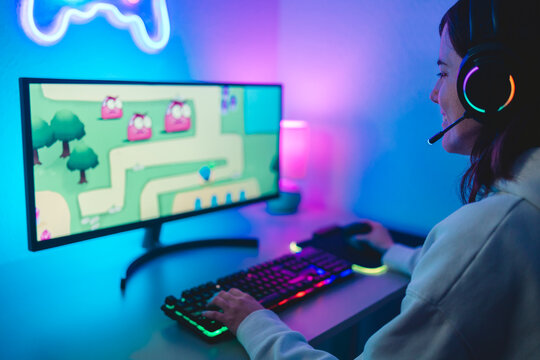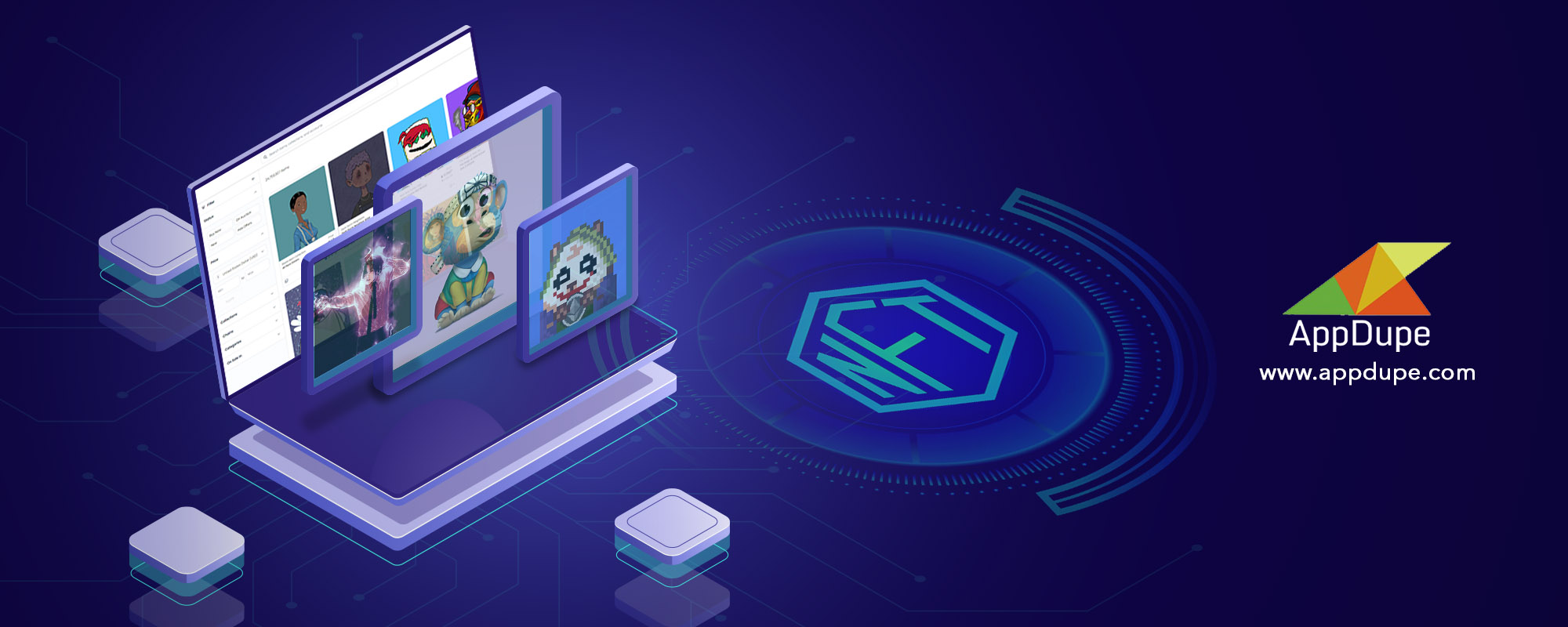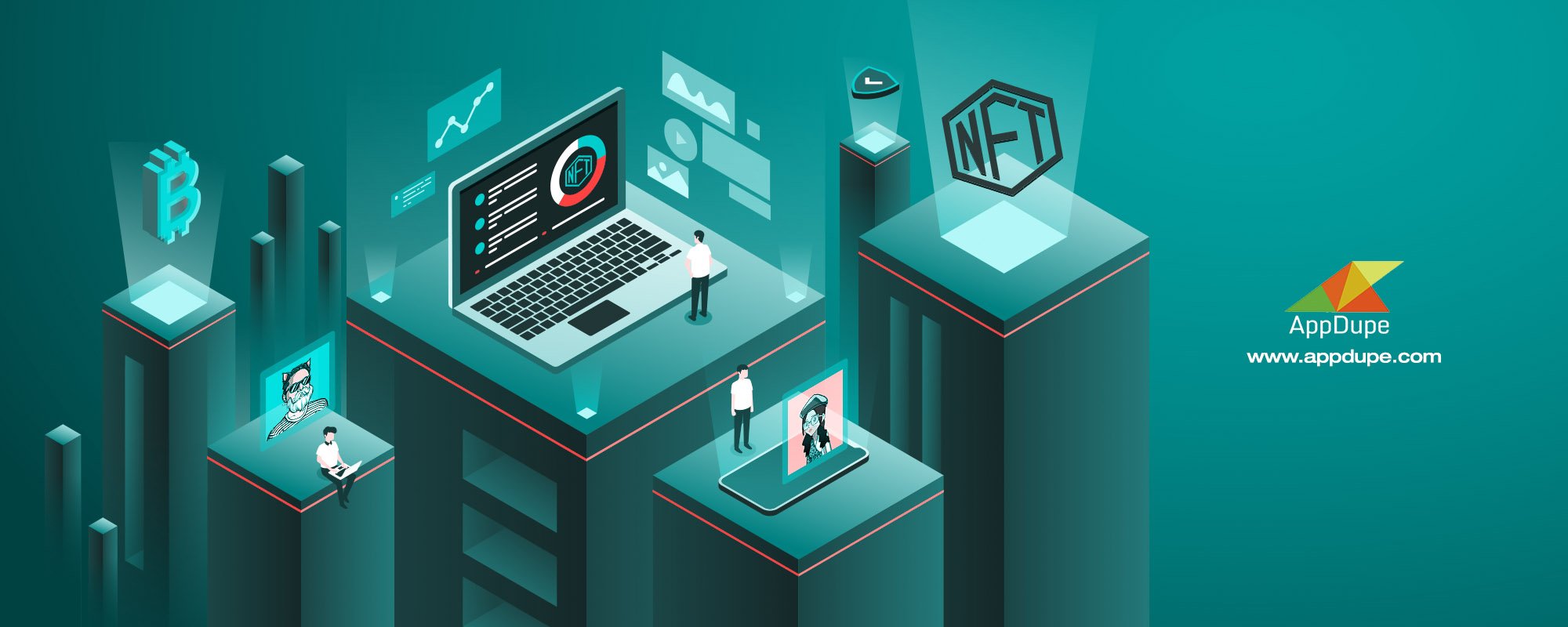
Are you a netizen? Then, you would’ve probably come across the acronym NFT that is seemingly everywhere. We’ll of course get into the nitty-gritty of the NFT, but here’s an example: Recep Tayyip Erdogan, the President of Turkey, thanked Elon Musk (the founder of Tesla and SpaceX) with an NFT for helping with the Turksat 5A satellite. This incident is the perfect demonstration of the fact that NFTs are more than just a digital asset. Let’s know about NFT definition, NFT use cases and much more in this blog. Stay glued.
“NFTs derive their value from being so little, so scarce”
What Does NFT Stand For?
NFT stands for the Non-Fungible Token, which means it has unique properties and cannot be replaced or interchanged. NFT is a digital asset representing collectibles such as art, music, and games and is backed by an authentic certificate created by blockchain technology that underpins cryptocurrency.
One can buy and sell ownership of unique digital items and keep track of who owns them with NFTs. An NFT can be one-of-a-kind, such as a real-life painting, or one of many copies, such as trading cards, but the blockchain keeps track of who owns the file.
Where Do The NFTs Derive Value From?
A non-fungible token is essentially a digital asset’s certificate of ownership. The value is derived from the asset’s collectibility as well as its potential future sale value. NFTs can be bought and sold.
NFT projects maintain the ‘scarcity’ factor in their NFT collections to enhance the value. Also, the recent involvement of celebrities ranging from sporting athletes to cinema actors and even politicians help a lot.
Can You List Out the Record NFT sales?
An anonymous buyer paid $2.9 million for the first-ever tweet by creator Jack Dorsey. Although Dorsey retains control of the tweet, the buyer effectively owns it as if it were an autograph.
Grimes – a Canadian musician – sold her digital artworks for around $6million back in March 2021. The most popular item was “Death of the Old,” a one-of-a-kind video featuring flying cherubs, a cross, a sword, and glowing light set to an original Grimes song. The bid winner slashed almost $389,000 for the video NFT.
Grimes isn’t the only artist who has reaped the benefits of NFTs. Last year, the digital artist Beeple sold $3.5 million in art through Nifty Gateway. Nyan Cat’s creator earned around $600,000. And just this weekend, the electronic musician 3LAU is said to have made more than $11 million from album sales and digital goods.
Perceive The Business Dimension in NFTs. Hire us!
 Live chat with usContact us
Live chat with usContact us
The Real-world Use Cases of the NFTs
People wonder about the use cases of NFTs. Despite the fact that the concept is still in its infancy, several potential applications have already emerged. We’ve highlighted a few of the most noteworthy ones below:
Collectables
We’ve already touched on this subject. Collecting memorabilia, trinkets, and other similar items has always been a popular pastime. NFTs act as a kind of digital signature or stamp of approval, ensuring authenticity.
Fashion
NFTs have the potential to solve a number of major issues in the fashion industry. To begin with, having a digital record of authenticity aids in the detection of counterfeit goods. A NFT could be attached to a luxury item to prove its authenticity.
Similarly, a non-fungible token could reveal important information about an item’s origins, such as the materials used, where they came from, and how far it has traveled. This could help people make more ethical decisions as issues like fashion and sustainability become more pressing.
Gaming
NFTs allow gamers to own one-of-a-kind in-game items. Such tokens can power in-game ecosystems, whether for fun, authenticity, or a competitive nature. Entrepreneurs and ardent gamers can leverage custom NFT development to build their gaming platforms equipped with avant-garde features.
Can my Photography be an NFT?
We’re in the wild west of NFTs, where anything can happen. NFT marketplaces are currently selling digital art, songs, memes, recipes, and even entire startups. There are currently few limitations on the types of content that can be “tokenized” and converted into an NFT.
Because the technology is still in its infancy, now is an excellent time to experiment with it for your own work, especially as the market and demand for digital art grows. Avoid converting copyrighted content or assets into NFTs is a rule that should go without saying.
How Do I Create & Sell NFTs?
To create an NFT, you don’t need a lot of crypto knowledge, but you will need a few tools to get started, such as a crypto wallet and Ethereum. It’s fine if you don’t recognise these terms.
The Ultimate 3-step Process
-
Digitize Your Content
As we’ve mentioned earlier, you can tokenize any real-world items. However, all that you need to do is digitize that item, regardless of whether it is an artifact or picture, a piece of text.
-
Register on An NFT marketplace
In the NFT space, there are two types of users: NFT Asset Owners or Creators and Buyers who purchase digital assets. An NFT creator must first create an account on an NFT marketplace. NFT Marketplace is a Blockchain-based online e-commerce platform. NFTs tokens are used to sell and buy digital assets.
-
Upload Your Content
The NFT seller then uploads its own digital assets, such as digital art, Gif art, games, trading cards, and so on, and sets the auction’s minimum price in cryptocurrency.
Conclusion
Some argue that NFTs will be around for a long time because they are more secure and tap into the digital shift that has been accelerated since the Covid-19 pandemic. With 2022 approaching, NFTs appear to be one of the most important new business and marketing trends to keep an eye on.
There are so many things to say about NFTs, but we’ll just leave it here. If you think of NFT as a business opportunity, you should hire a viable technology partner (aka) NFT development company, available at your disposal.
Jump-start Your NFTpreneurial Venture. Hire our NFT Development Services!
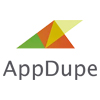
Marketing is my soul mate and writing is my side kick. Using my writing skills to share the knowledge of app development and upcoming technologies.
